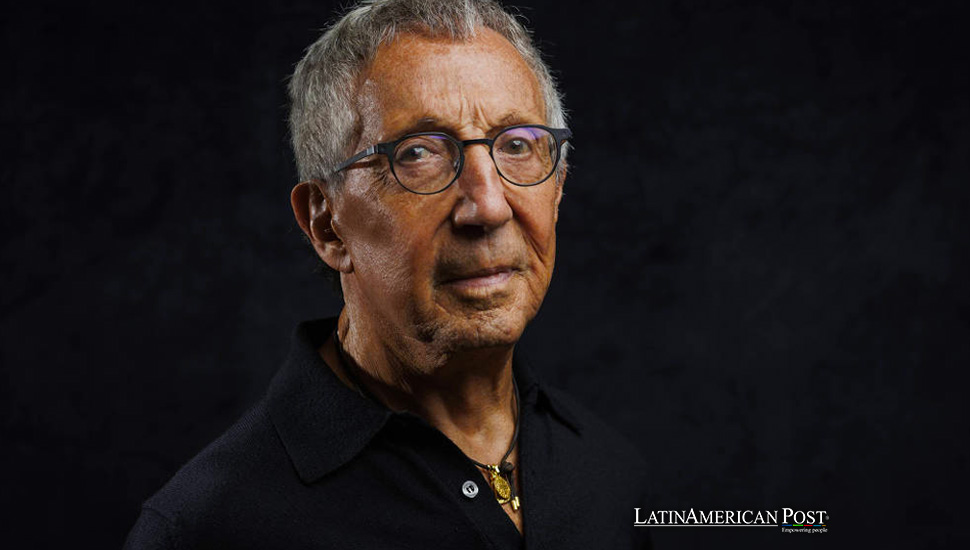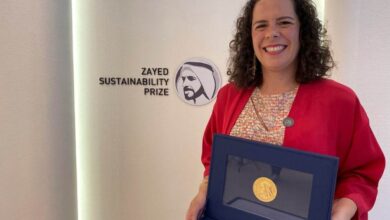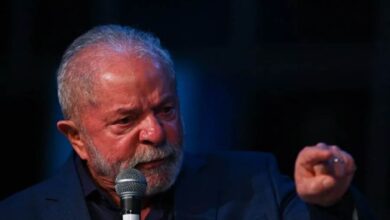Abilio Diniz: Visionary Titan of Brazilian Retail and His Latin American Legacy

The demise of Abilio Diniz, the Brazilian billionaire who revolutionized the supermarket retail sector in Brazil and influenced similar sectors across Latin America, marks the end of an era. His visionary leadership transformed shopping habits, contributing significantly to the region’s economic landscape.
Legacy of a Visionary Leader
In São Paulo, Brazil, a titan of industry has passed away, leaving behind a legacy that stretches far beyond the borders of his home country. Abilio Diniz, who at the age of 87 succumbed to respiratory failure caused by pneumonitis, was not just a businessman; he was a visionary whose influence reshaped the retail sector in Brazil and set a benchmark for Latin America.
Diniz’s journey into the annals of retail history began in the late 1950s when he co-founded Pão de Açúcar, a supermarket chain that would eventually become the largest in Brazil. This was a time of significant change in Brazil, a country eager to modernize and expand its economy. Diniz, with his keen business acumen and relentless drive, tapped into this national zeitgeist, propelling Pão de Açúcar to the forefront of the retail revolution.
Under his leadership, Pão de Açúcar was more than just a supermarket chain; it became a symbol of Brazil’s burgeoning economic aspirations. Diniz’s innovative approach to retail—emphasizing customer service, product diversity, and aggressive expansion strategies—helped forge a modern consumer culture in Brazil. His efforts played a crucial role in shaping the country’s retail landscape, influencing how Brazilians shopped and interacted with brands.
The 1990s and 2000s saw Diniz navigating through a series of mergers and acquisitions, a testament to his strategic foresight and understanding of the global business environment. The eventual takeover of Pão de Açúcar by France’s Casino Group in 2012 marked a significant shift, illustrating the increasingly international nature of retail chains. Despite this, Diniz’s impact on the company and the sector remained indelible.
Beyond Pão de Açúcar
After leaving Pão de Açúcar, Diniz did not retire from the business world. Instead, he took on new challenges, including a pivotal role at Brazilian food processor BRF and acquiring a stake in Carrefour Brasil through his investment company, Peninsula. His involvement with Carrefour, both in Brazil and as a board member of the French group, underscored his continued influence in the global retail sector.
Diniz’s story is not just a tale of business success; it is reflective of broader economic and social transformations in Latin America. Throughout the region, similar narratives unfolded as entrepreneurs and business leaders navigate the complexities of modernization and globalization. In countries like Mexico, Chile, and Argentina, retail moguls took cues from Diniz’s playbook, adapting his strategies to their local contexts and contributing to the vibrant economic tapestry of Latin America.
The significance of Diniz’s legacy is multifaceted. Economically, he was a driving force behind the modernization of the retail sector and a key player in Brazil’s rise as a regional powerhouse. Socially, he contributed to the democratization of consumer goods, making a wide range of products accessible to the Brazilian public. Culturally, he played a part in the globalization of Brazilian business, showcasing the potential of Latin American companies on the world stage.
His death marks the end of an era but also serves as a reminder of the transformative power of visionary leadership. As Latin America continues to evolve, the lessons from Diniz’s life and career remain relevant. The challenges he faced—navigating economic turbulence, embracing globalization, and constantly innovating—are as pertinent today as they were during his decades-long career.
In reflecting on Diniz’s impact, it’s essential to consider the broader context of his achievements. The growth of Pão de Açúcar and its subsequent challenges highlight the dynamic nature of the global retail industry and the specific complexities of operating in Latin America. Diniz’s ability to adapt, his willingness to take calculated risks, and his commitment to his vision offer valuable insights for current and future generations of business leaders.
Interconnectedness of the Latin American Economy
Moreover, Diniz’s legacy is a testament to the interconnectedness of the Latin American economy. The retail innovations he pioneered did not occur in a vacuum; they were part of a more significant wave of economic reforms and shifts that swept across the region. His success story encourages a reevaluation of Latin American businesses’ potential to compete and thrive in a globalized economy.
As the region mourns the loss of one of its most iconic figures, it also celebrates the indelible mark he left on the business world. Abilio Diniz’s journey from the co-founder of a small supermarket chain to a billionaire with a net worth estimated at $2.4 billion by Forbes is a source of inspiration. It highlights the potential for innovation, strategic thinking, and hard work to transcend local markets and impact the global stage.
Also read: Celebrating Paco de Lucía’s Flamenco Legacy at Colombia’s Bogotá Biennial
Abilio Diniz’s legacy is not merely the empire he built or the wealth he accumulated. It is the transformative impact he had on Brazil’s retail sector, the example he set for entrepreneurs in Latin America, and the vision he had for a modern, economically vibrant region. As Latin America continues to navigate the challenges and opportunities of the 21st century, the story of Abilio Diniz serves as a beacon, illuminating the path toward economic growth, innovation, and global competitiveness.





